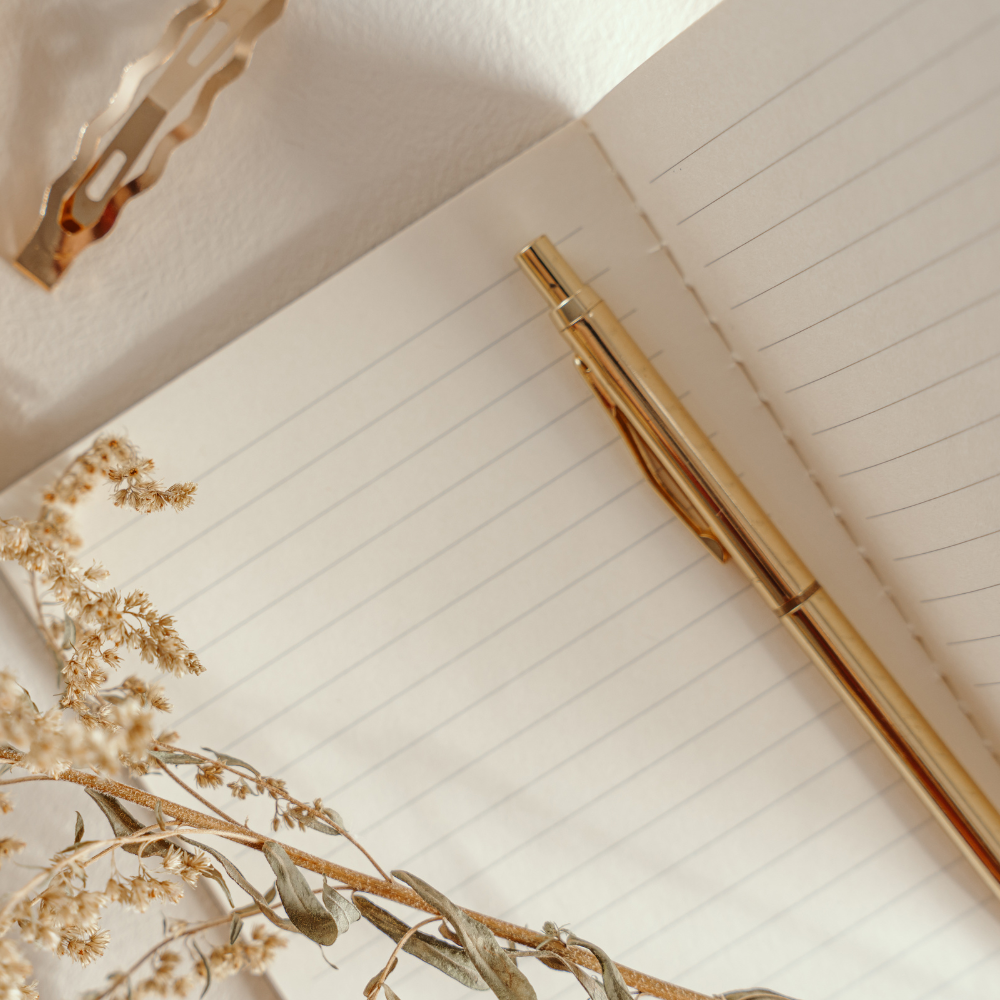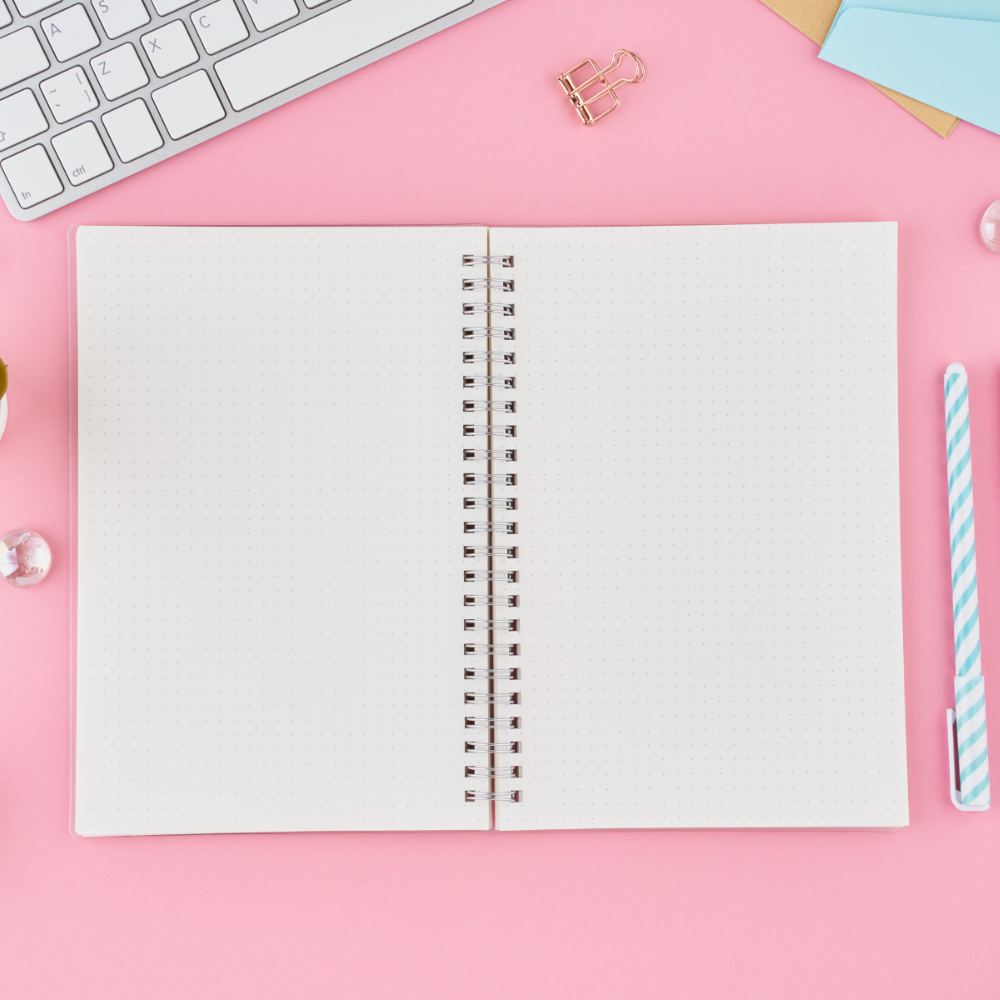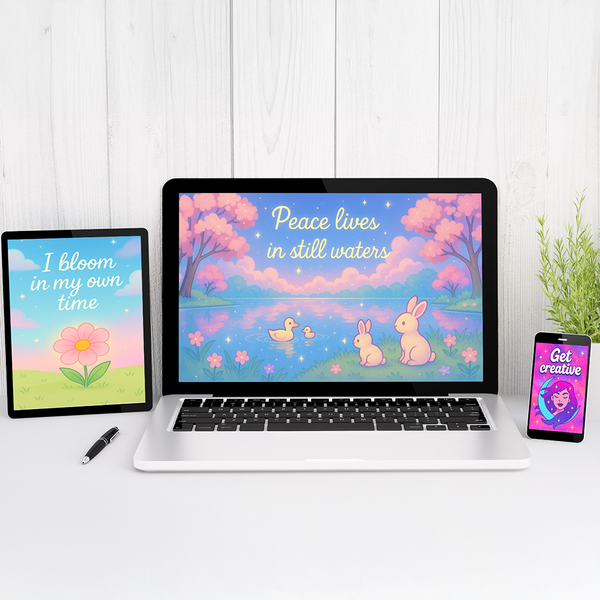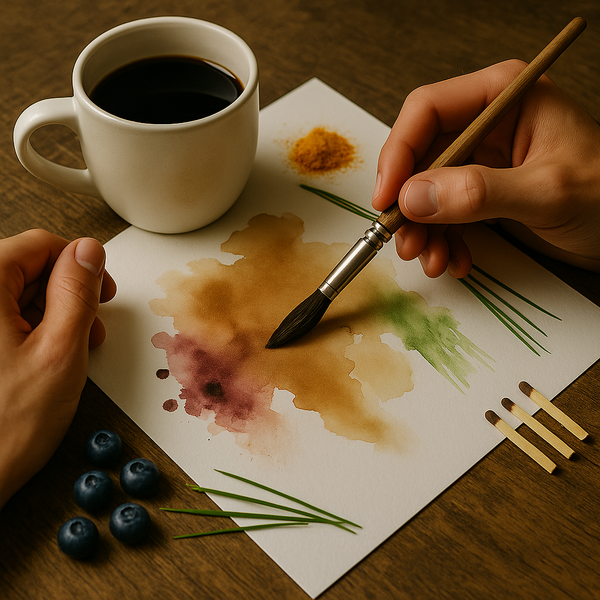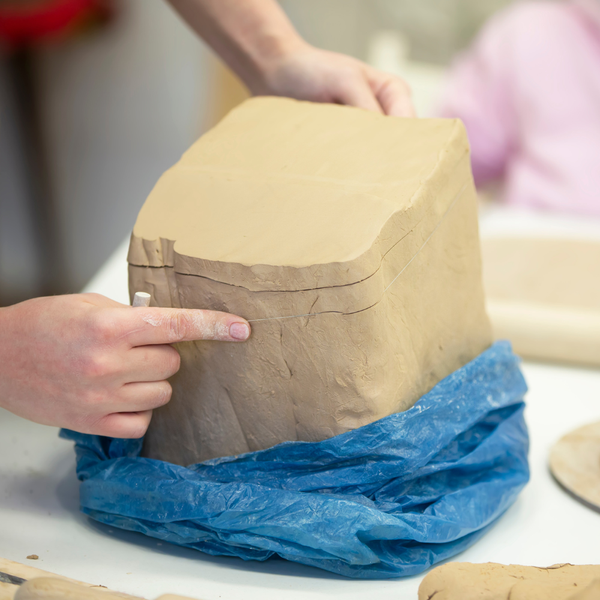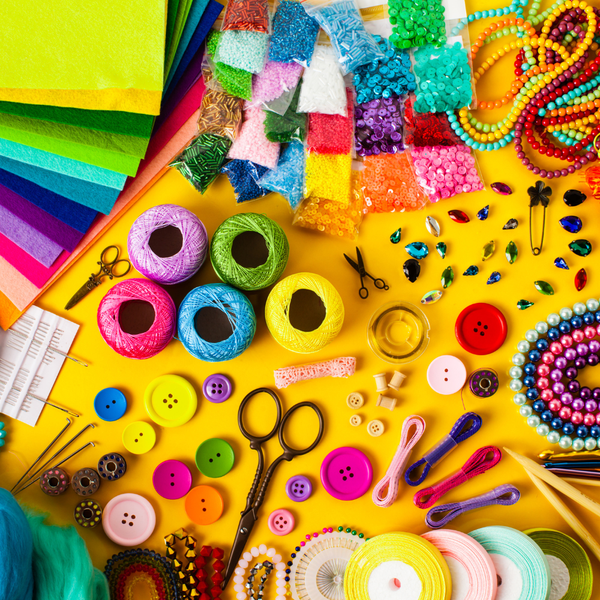Journaling is a fantastic way to express yourself, grow personally, and stay organized, but let's face it—keeping up with it can sometimes feel like a chore.
The secret to sticking with journaling is to make it an enjoyable and engaging activity.
The key to overcoming this hurdle is to make journaling fun and engaging.
In this comprehensive guide, we will explore how to journal in a fun way, incorporating creative writing, art journaling, and various journaling ideas to keep your creative juices flowing.
Get ready to ignite your creativity and transform your journaling practice into something you look forward to every day!
Key Takeaways:
- Discover creative journaling techniques to make the process enjoyable.
- Learn how to incorporate various journaling styles and prompts.
- Understand the benefits of journaling for personal growth and self-expression.
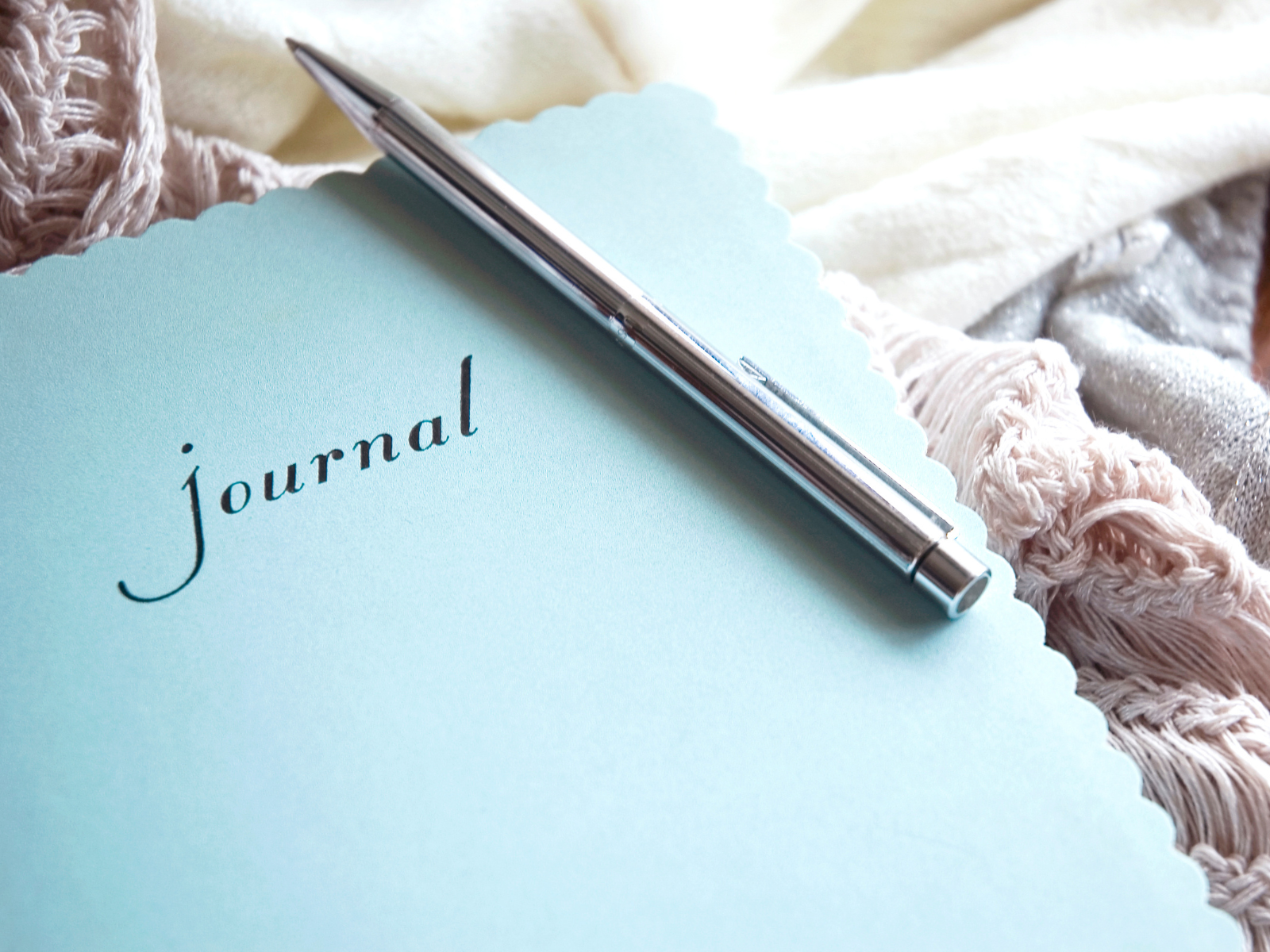

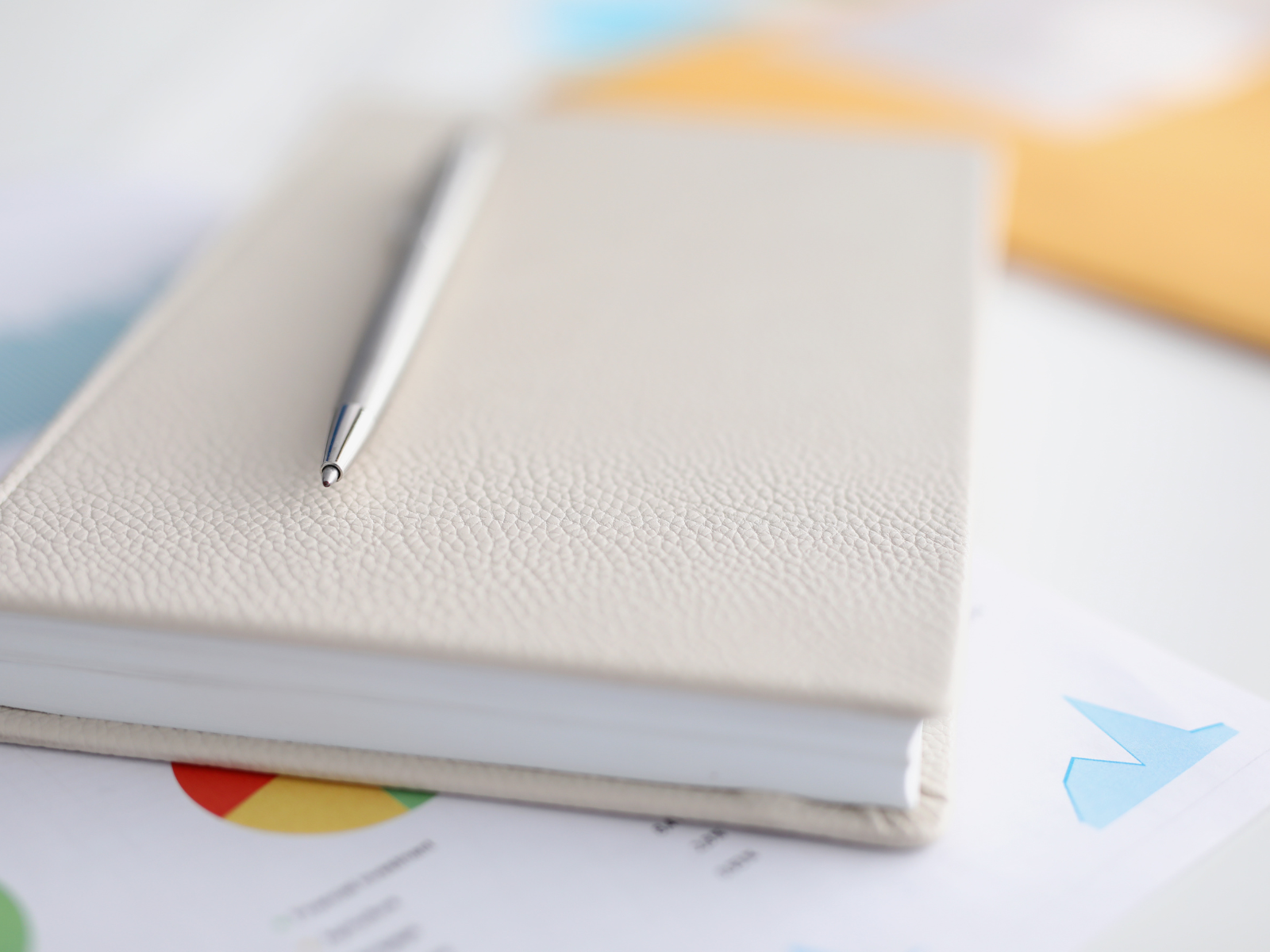
The Importance of Journaling
Journaling is more than just writing in a notebook; it's a way to reflect on your thoughts, track important events, and set realistic goals.
By keeping a journal, you can gain insights into your life, practice mindfulness, and stay motivated.
Whether you're using a gratitude journal, a fitness journal, or a travel journal, the act of journaling can be a transformative experience.
Choosing the Right Journal
Selecting the right journal is the first step in making journaling fun.
Consider what type of journal suits your needs.
A physical notebook with colorful pens can make the process more enjoyable.
Bullet journaling is a popular choice for those who like to stay organized, while a nature journal can be perfect for those who love the outdoors.
Creative Writing Prompts
Journal prompts can be a great way to spark new ideas and keep your journaling practice engaging.
Use prompts like "What are your top three goals for the year?" or "Describe a time when you overcame a challenge."
This can help you fill your journal with meaningful and thought-provoking entries.
Prompts like "Describe your future self" or "Write a short story about an important event in your life" can also inspire you to fill an entire page with creative writing.
Collecting quotes and song lyrics can also serve as great prompts for your journal entries.
Art Journaling
Art journaling combines visual art with journal writing, allowing for a more expressive and creative journaling process.
Use craft supplies like magazine clippings, colorful pens, and ticket stubs to create a vision board or collage.
This can make your journal entries more visually appealing and fun to look back on at a later date.
Gratitude Journal
A gratitude journal is a simple yet powerful tool for practicing mindfulness and self-care.
Each day, write down a few things you're grateful for.
This practice can help you focus on the positive aspects of your life and cultivate a sense of appreciation.
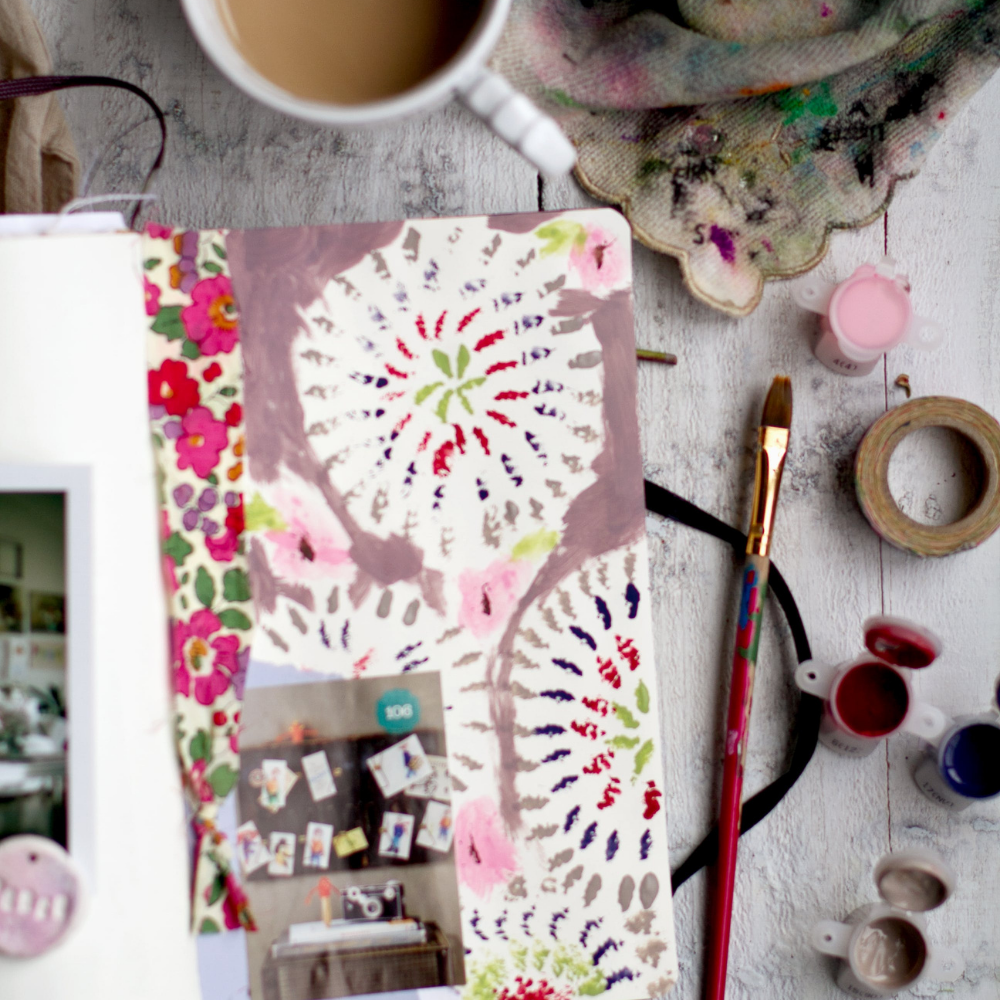
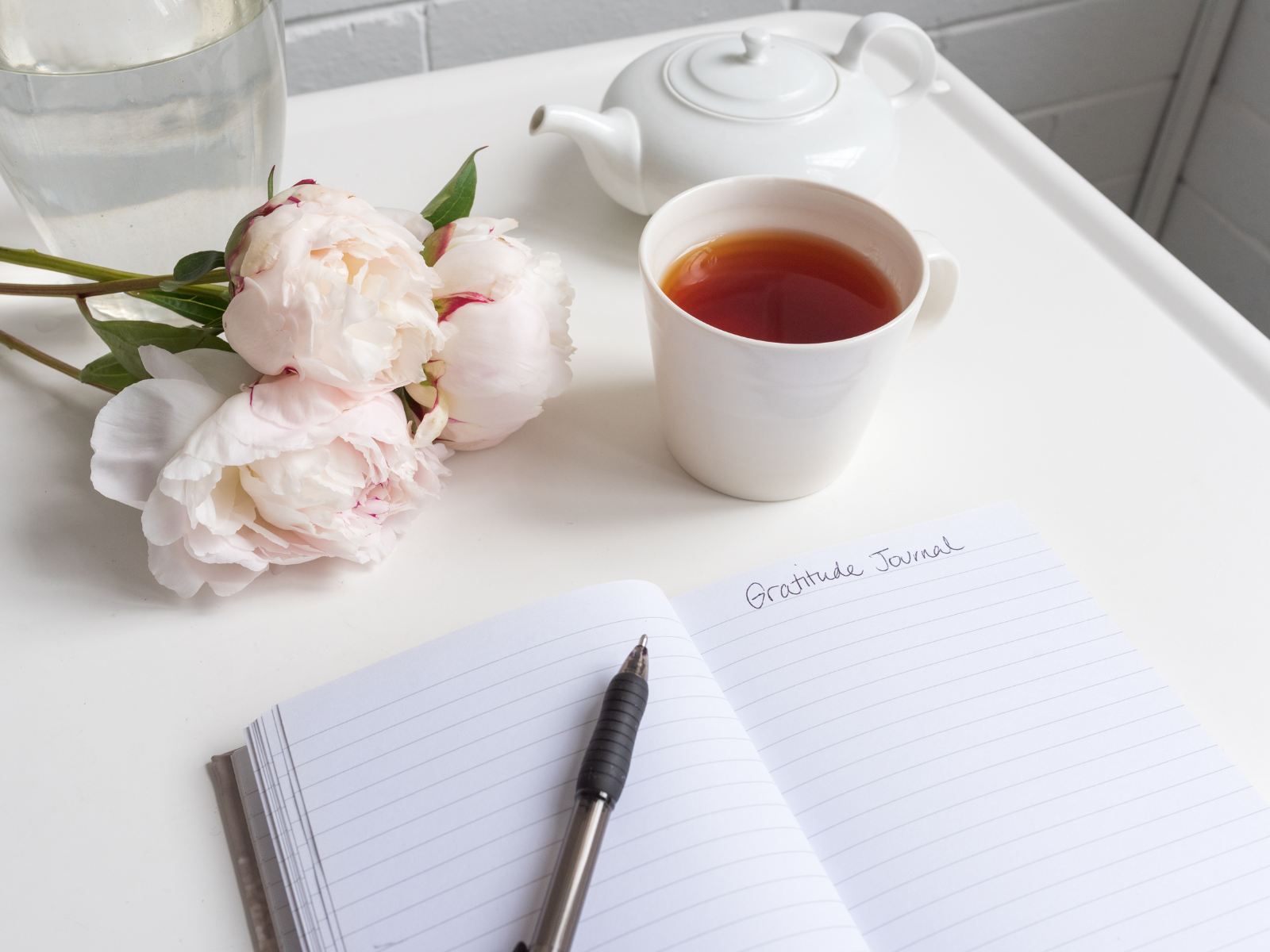

Mind Mapping
Mind mapping is a great way to organize your thoughts and brainstorm new ideas.
Use different words and colors to create a visual representation of your thoughts.
This technique can be particularly useful for planning projects or setting goals.
Tracking Habits
Tracking habits in your journal can help you stay motivated and achieve your goals.
Use bullet points to list your daily habits and track your progress.
This can be especially useful for fitness journals or mindfulness journals.
Collecting Quotes
Collecting quotes that inspire you can add a personal touch to your journal.
Write down quotes from books, movies, or people you admire.
This can serve as a source of inspiration and motivation.
Writing Short Stories
Writing short stories in your journal can be a fun and creative way to express yourself.
Use your journal to explore different styles of writing and experiment with new ideas.
This can help you improve your writing skills and keep your journaling practice interesting.
Creating a Vision Board
A vision board is a visual representation of your goals and aspirations.
Use magazine clippings, photos, and other craft supplies to create a vision board in your journal.
This can help you stay focused on your goals and visualize your future self.
Using Colorful Pens
Using colorful pens can make your journal entries more visually appealing and fun to create.
Experiment with different colors and styles to find what works best for you.
This can make the journaling process more enjoyable and help you stay motivated.
Incorporating Song Lyrics
Incorporating song lyrics into your journal can add a personal and emotional touch to your entries.
Write down lyrics that resonate with you or remind you of important events in your life.
This can make your journal more meaningful and reflective of your experiences.
Practicing Mindfulness
Journaling can be a great way to practice mindfulness and stay present in the moment.
Use your journal to reflect on your thoughts and feelings, and write about your daily reflections.
This can help you gain a deeper understanding of yourself and your emotions.


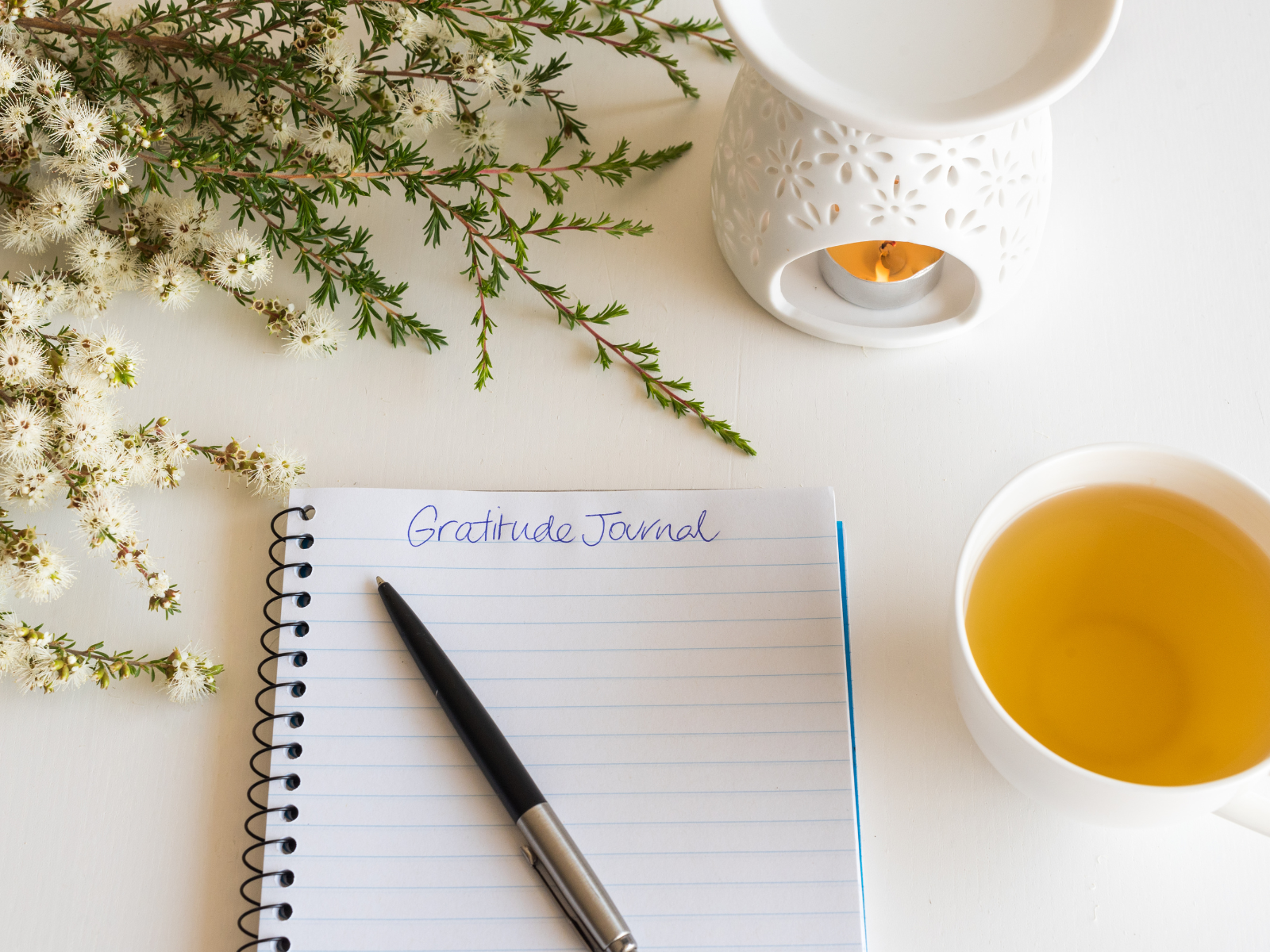
Creating a Bucket List
Creating a bucket list in your journal can be a fun way to set goals and dream about the future.
Write down all the things you want to do and places you want to visit.
This can serve as a source of inspiration and motivation to achieve your dreams.
Writing About Important Events
Writing about important events in your life can help you process your experiences and gain insights.
Use your journal to document significant moments and reflect on their impact.
This can be a therapeutic and enlightening practice.
Exploring Different Styles
Exploring different styles of journaling can keep your practice fresh and exciting.
Try out various techniques like bullet journaling, art journaling, and creative writing.
This can help you find what works best for you and keep your journaling practice interesting.
Creating a Nature Journal
A nature journal can be a wonderful way to connect with the outdoors and document your experiences in nature.
Write about your observations, collect leaves or flowers, and draw sketches of the natural world.
This can be a relaxing and enjoyable journaling practice.
Keeping a Dream Journal
Keeping a dream journal can help you remember and analyze your dreams.
Write down your dreams as soon as you wake up, and reflect on their meanings.
This can provide insights into your subconscious mind and help you understand your inner thoughts and feelings.
Using a Fitness Journal
A fitness journal can help you track your workouts, set fitness goals, and monitor your progress.
Write down your exercise routines, track your achievements, and reflect on your fitness journey.
This can help you stay motivated and achieve your fitness goals.
Creating a Travel Journal
A travel journal is a great way to document your adventures and preserve your travel memories.
Write about your experiences, collect ticket stubs, and include photos and sketches.
This can be a fun and creative way to relive your travels and share your experiences with others.
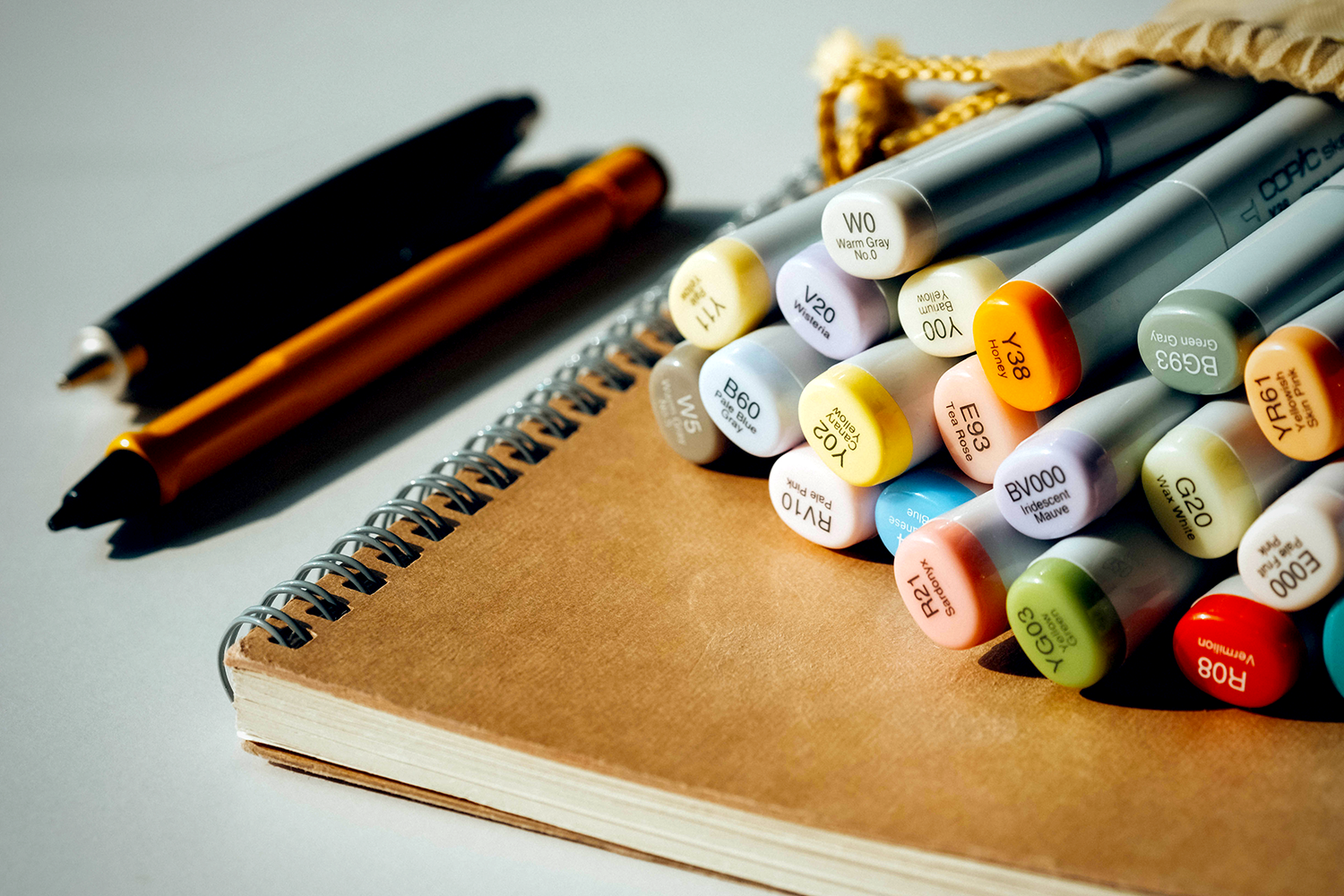


Practicing Self-Reflection
Self-reflection is an important aspect of journaling. Use your journal to reflect on your thoughts, feelings, and experiences.
Write about your successes and challenges, and explore your personal growth.
This can help you gain a deeper understanding of yourself and your life.
Using Bullet Points
Using bullet points can help you organize your thoughts and make your journal entries more concise and readable.
List your goals, habits, and reflections in bullet points to keep your journal organized and easy to navigate.
Staying Organized
Staying organized is key to maintaining a consistent journaling practice.
Use dividers, tabs, and color-coding to keep your journal neat and organized.
This can make it easier to find specific entries and stay on top of your journaling practice.
Finding Inspiration
Finding inspiration is essential for keeping your journaling practice engaging.
Look for inspiration in books, movies, music, and nature.
Use your journal to document your sources of inspiration and reflect on how they impact your life.
Setting Realistic Goals
Setting realistic goals in your journal can help you stay focused and motivated.
Write down your goals and break them into smaller, achievable steps.
This can help you stay on track and make progress towards your aspirations.
Using Different Words
Using different words and expanding your vocabulary can make your journal entries more interesting and engaging.
Experiment with new words and phrases to express your thoughts and feelings.
This can help you improve your writing skills and keep your journaling practice fresh.


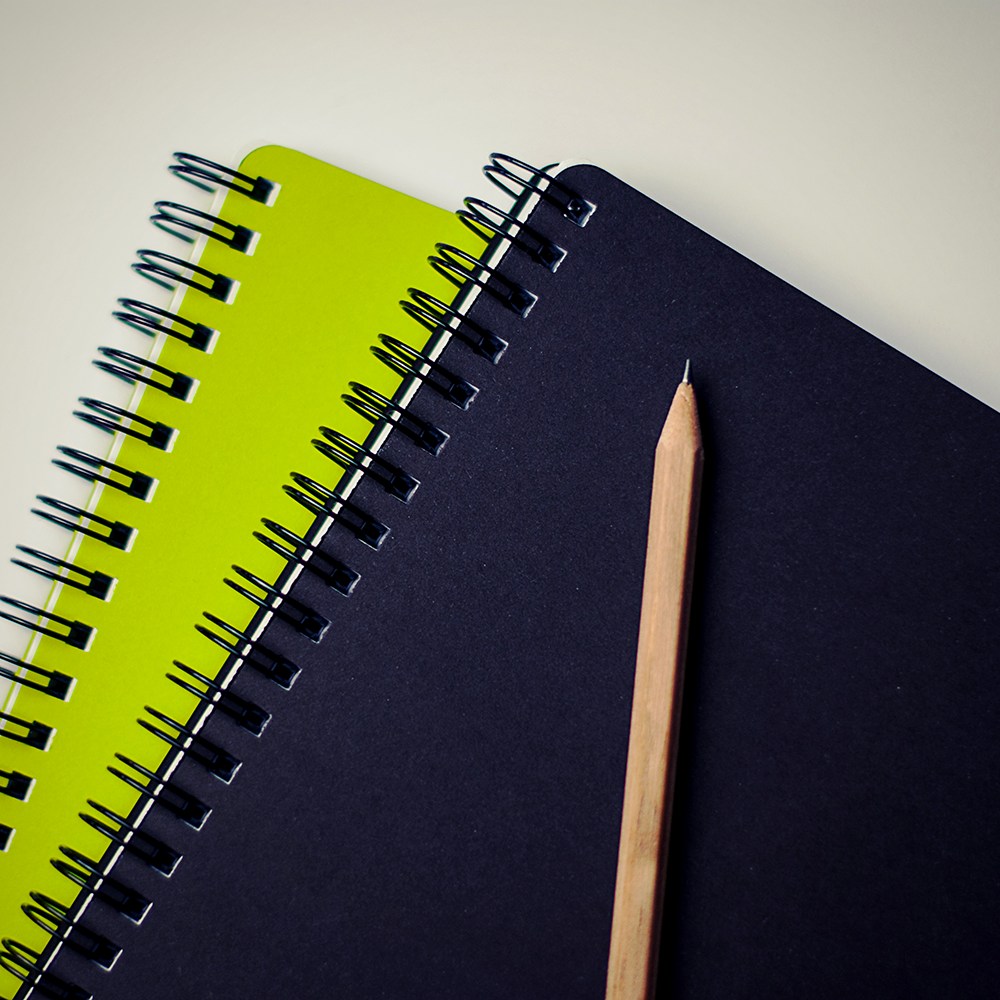
Creating Short Stories
Creating short stories in your journal can be a fun and creative way to express yourself.
Use your journal to explore different styles of writing and experiment with new ideas.
This can help you improve your writing skills and keep your journaling practice interesting.
Documenting Daily Reflections
Documenting your daily reflections can help you stay mindful and present in the moment.
Write about your thoughts, feelings, and experiences each day.
This can help you gain a deeper understanding of yourself and your life.
Using Craft Supplies
Using craft supplies like stickers, washi tape, and stamps can make your journal entries more visually appealing and fun to create.
Experiment with different supplies to add a personal touch to your journal.
This can make the journaling process more enjoyable and help you stay motivated.
Creating a Vision Board
A vision board is a visual representation of your goals and aspirations.
Use magazine clippings, photos, and other craft supplies to create a vision board in your journal.
This can help you stay focused on your goals and visualize your future self.
Writing About Personal Growth
Writing about your personal growth can help you reflect on your progress and set new goals.
Use your journal to document your achievements, challenges, and lessons learned.
This can help you stay motivated and continue to grow and improve.
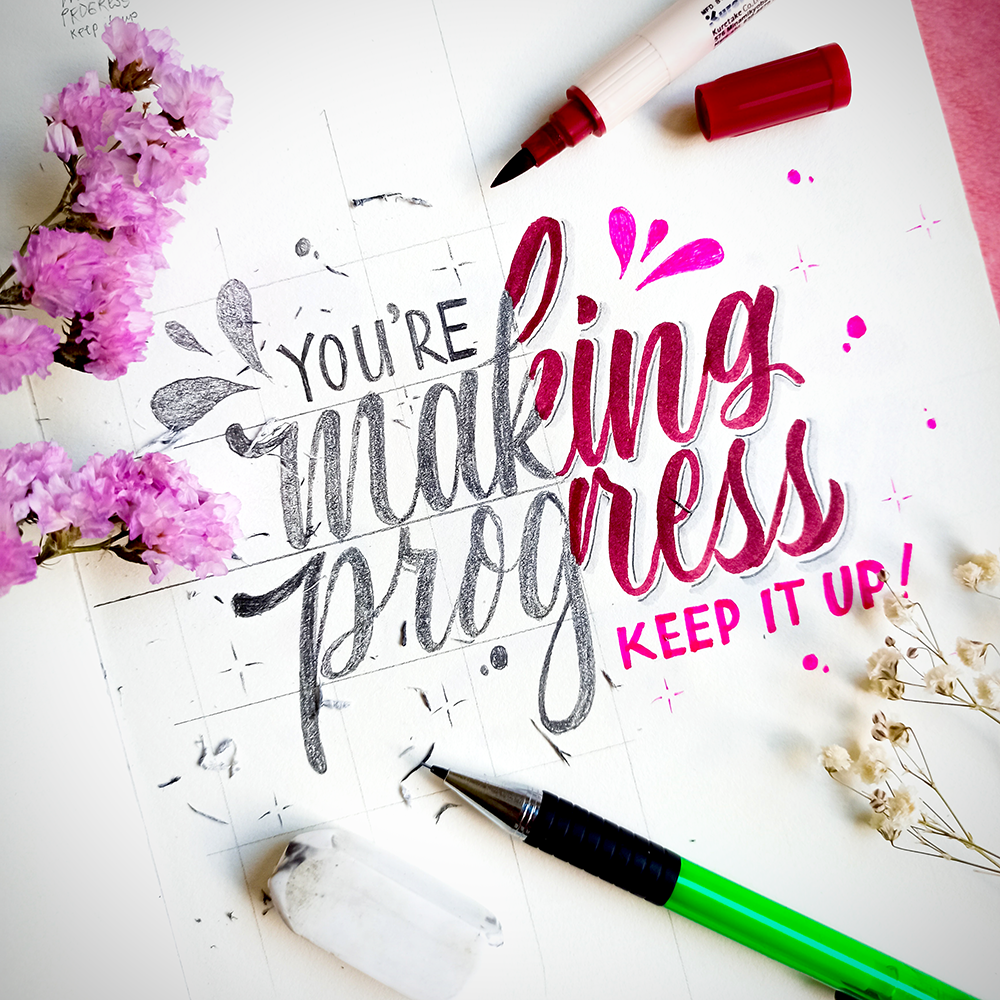
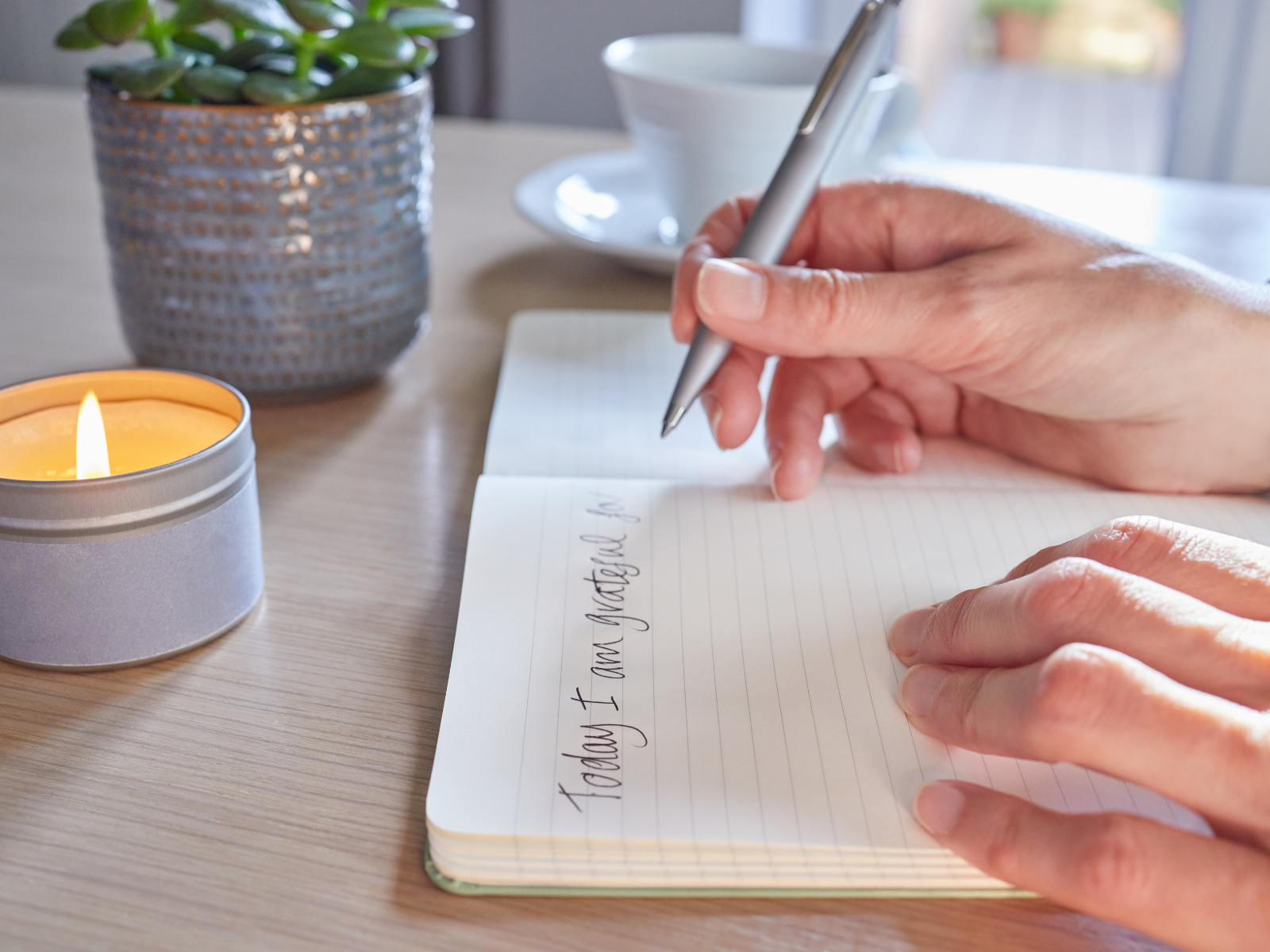
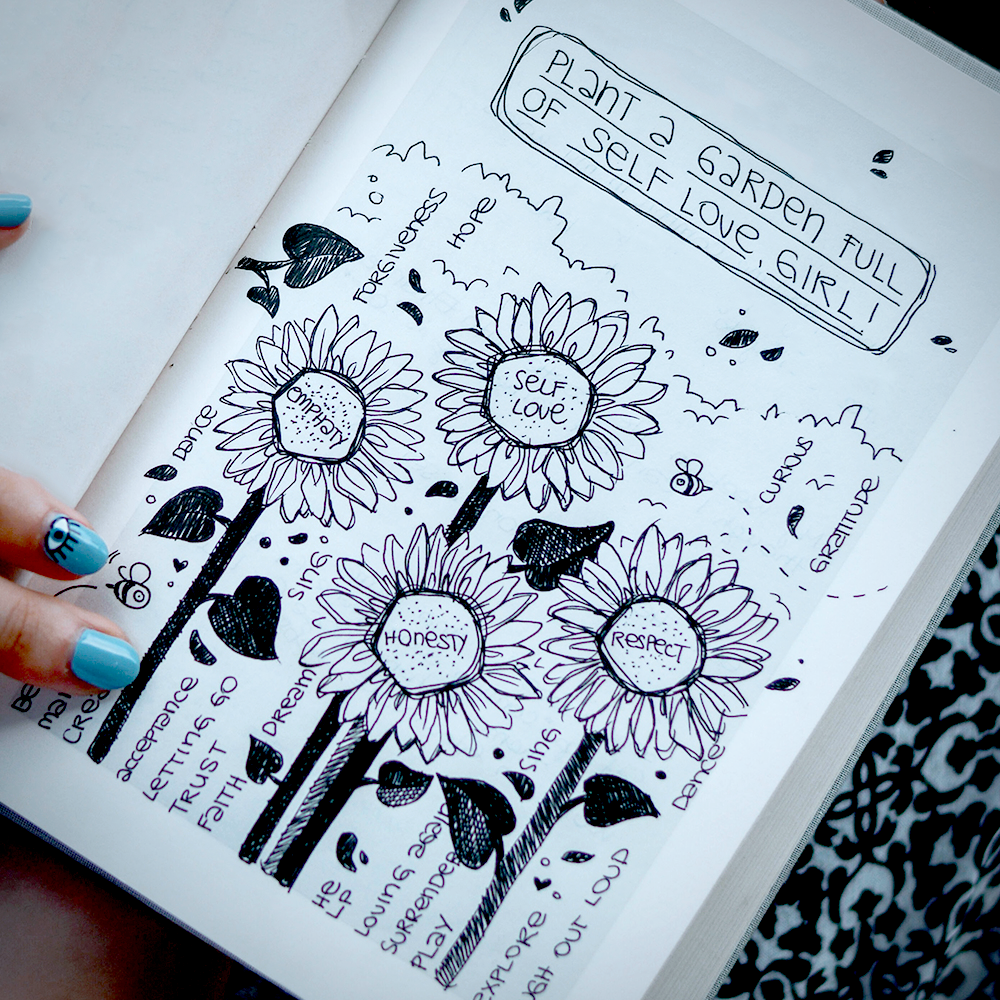
Embrace the Joy of Journaling!
Journaling is more than just a daily habit; it's a gateway to self-discovery, creativity, and personal growth.
It is a versatile and powerful tool for self-expression, personal growth, and staying organized.
By infusing your journaling practice with creative writing, art, and diverse journaling ideas, you can transform it into an enjoyable and engaging activity.
Whether you're capturing moments of gratitude, tracking your fitness journey, or documenting your travels, the key is to find what resonates with you and let your creativity soar.
So, grab your favorite journal and pen, and embark on a journey of self-expression and joy.
Happy journaling!
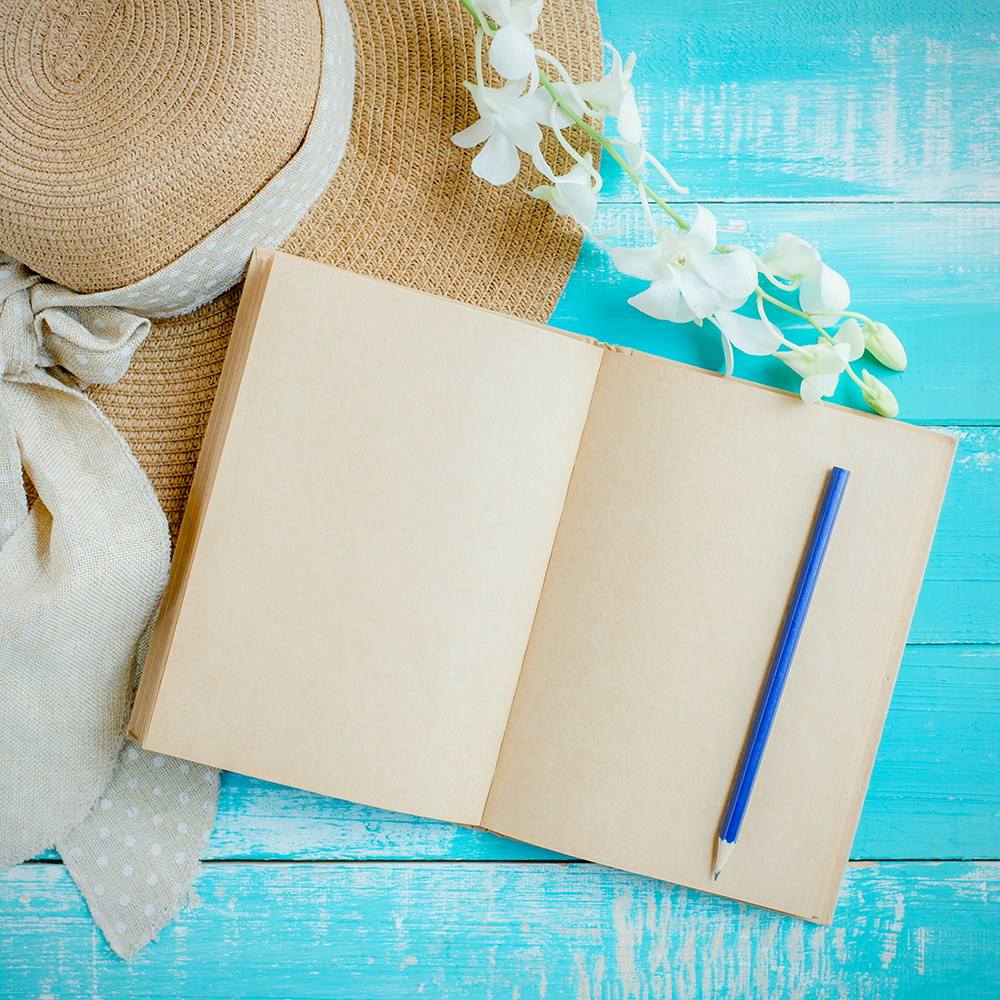
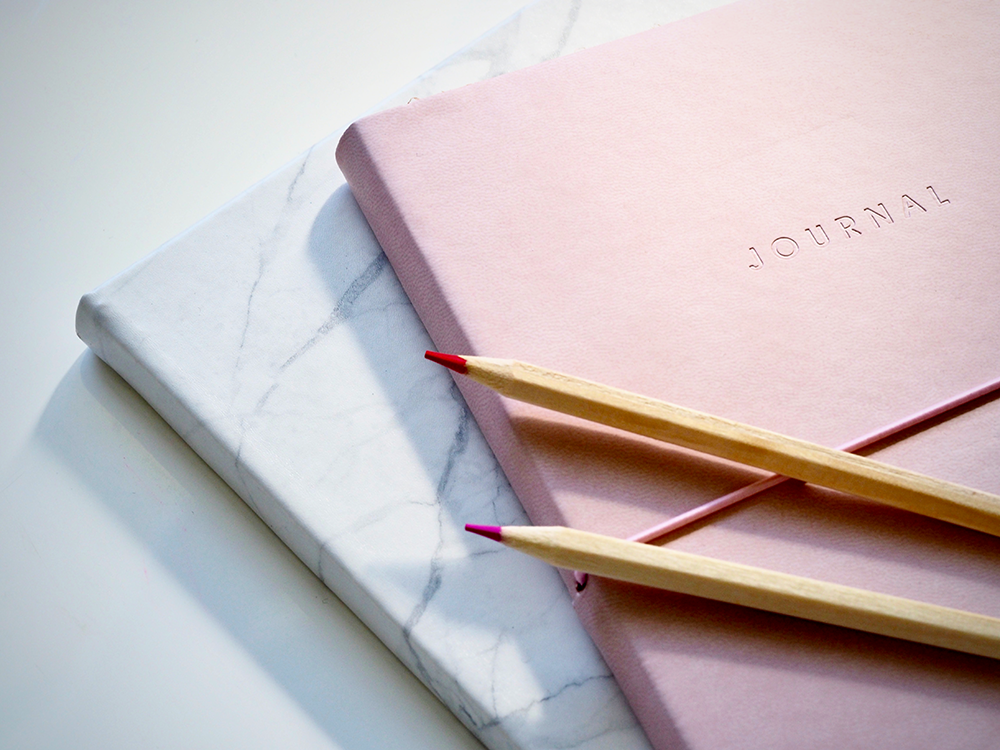

Journaling FAQs
Journaling is a powerful tool for reflection, creativity, and personal growth, but like any habit, it can sometimes be challenging to maintain or know how to journal.
Whether you're a seasoned journaler or just starting out, you might have questions about how to keep your journaling practice fresh and engaging.
In this FAQ section, we’ll explore practical tips and creative strategies to help you make journaling a daily habit, find inspiration when you're stuck, and stay motivated on your journaling journey.
Let's dive in and unlock the full potential of your journaling experience and start journaling!
How can I make journaling a daily habit?
To make journaling a daily habit, set aside a specific time each day for journaling. Create a comfortable and inspiring space for writing, and use prompts or themes to keep your entries interesting. Consistency is key, so try to journal at the same time each day.
What should I do if I run out of ideas for my journal entries?
If you run out of ideas for your journal entries, use writing prompts or explore different styles of journaling. Try art journaling, mind mapping, or creating short stories. Collecting quotes, song lyrics, and magazine clippings can also provide inspiration.
How can I stay motivated to keep journaling?
To stay motivated, set realistic goals and track your progress. Use colorful pens, craft supplies, and different journaling techniques to keep the process fun and engaging. Reflect on the benefits of journaling for personal growth and self-expression, and remind yourself of why you started journaling in the first place.
What are some benefits of journaling?
Journaling offers numerous benefits, including improved mental clarity, stress reduction, enhanced creativity, and better emotional health. It can help you process your thoughts and feelings, set and achieve goals, and gain insights into your personal growth.
How do I overcome the fear of someone reading my journal?
To overcome the fear of someone reading your journal, consider using a journal with a lock or keeping it in a secure place. You can also use code words or symbols for sensitive topics. Remember, your journal is a private space for your thoughts and feelings.
Can journaling help with anxiety and stress?
Yes, journaling can be a powerful tool for managing anxiety and stress. Writing about your worries and fears can help you process and release them. It can also provide a sense of control and perspective, making it easier to cope with challenging emotions.
What are some different types of journaling?
There are many types of journaling, including bullet journaling, gratitude journaling, dream journaling, travel journaling, and art journaling. Each type offers unique benefits and can be tailored to your interests and needs.
What should I do if I miss a day of journaling?
If you miss a day of journaling, don't be too hard on yourself. Simply pick up where you left off and continue your practice. Remember, journaling is a personal journey, and it's okay to have off days. The important thing is to keep going.
How can I make my journal entries more meaningful?
To make your journal entries more meaningful, focus on writing from the heart. Be honest and authentic in your reflections. Ask yourself deep questions, explore your emotions, and write about your dreams and aspirations. The more you put into your journaling, the more you will get out of it.
How do I keep my journaling practice fresh and engaging?
To keep your journaling practice fresh and engaging, try experimenting with different formats and techniques. Use colorful pens, stickers, and washi tape to decorate your pages. Incorporate drawings, photos, and collages. Change up your writing environment or journal outdoors for a new perspective.
Can journaling help with goal setting and achievement?
Yes, journaling can be a valuable tool for goal setting and achievement. Writing down your goals helps clarify your intentions and create a roadmap for success. You can track your progress, reflect on your challenges, and celebrate your accomplishments, keeping you motivated and focused.
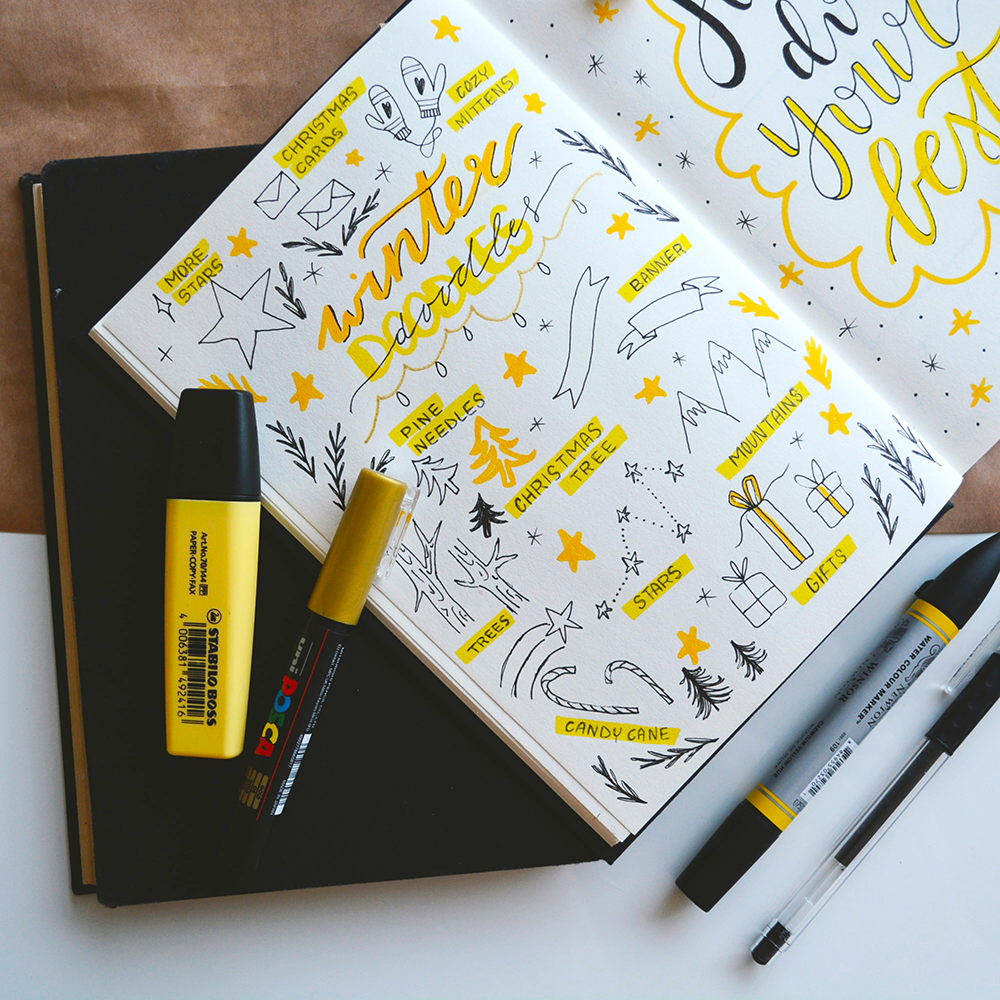
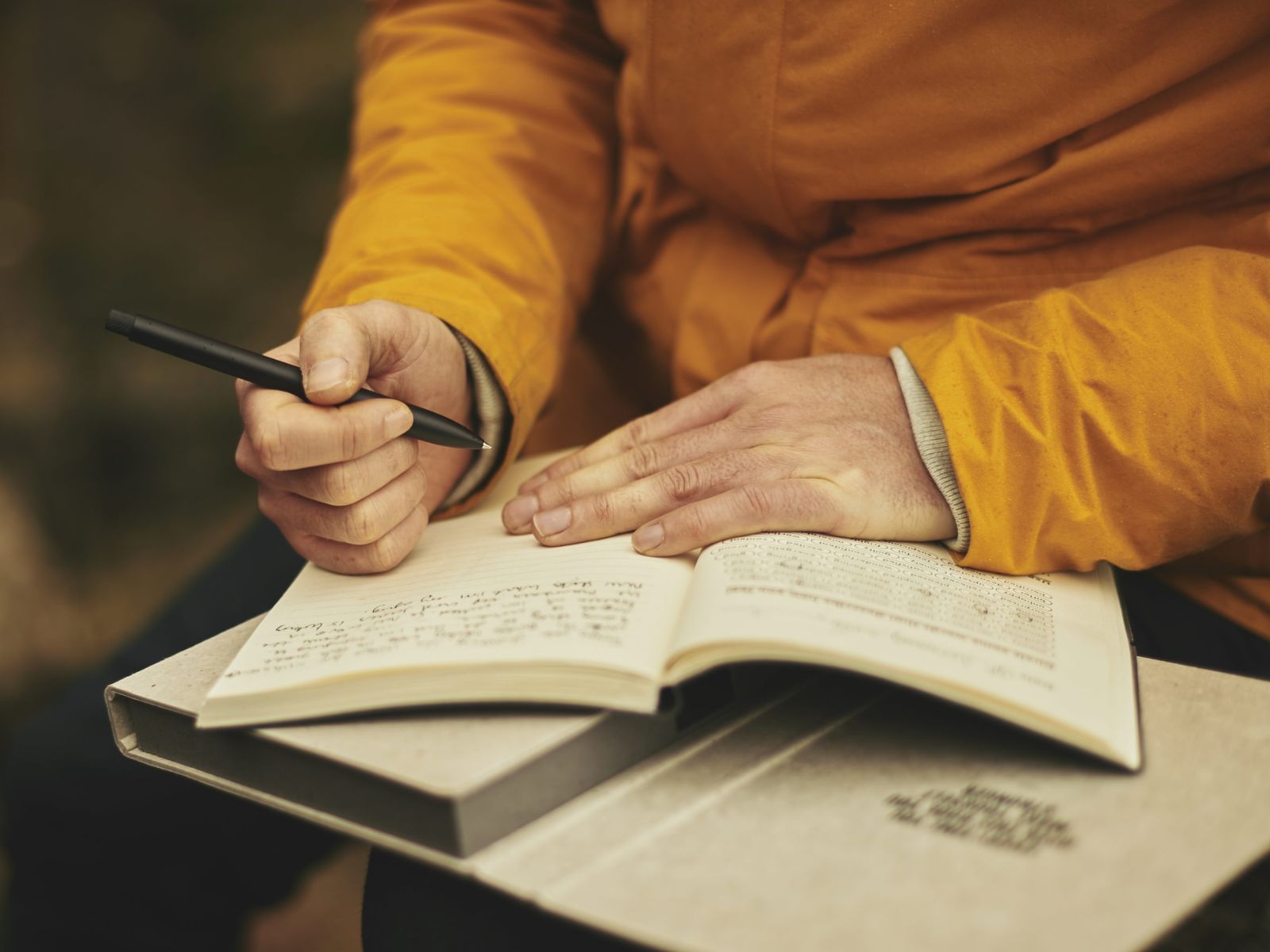
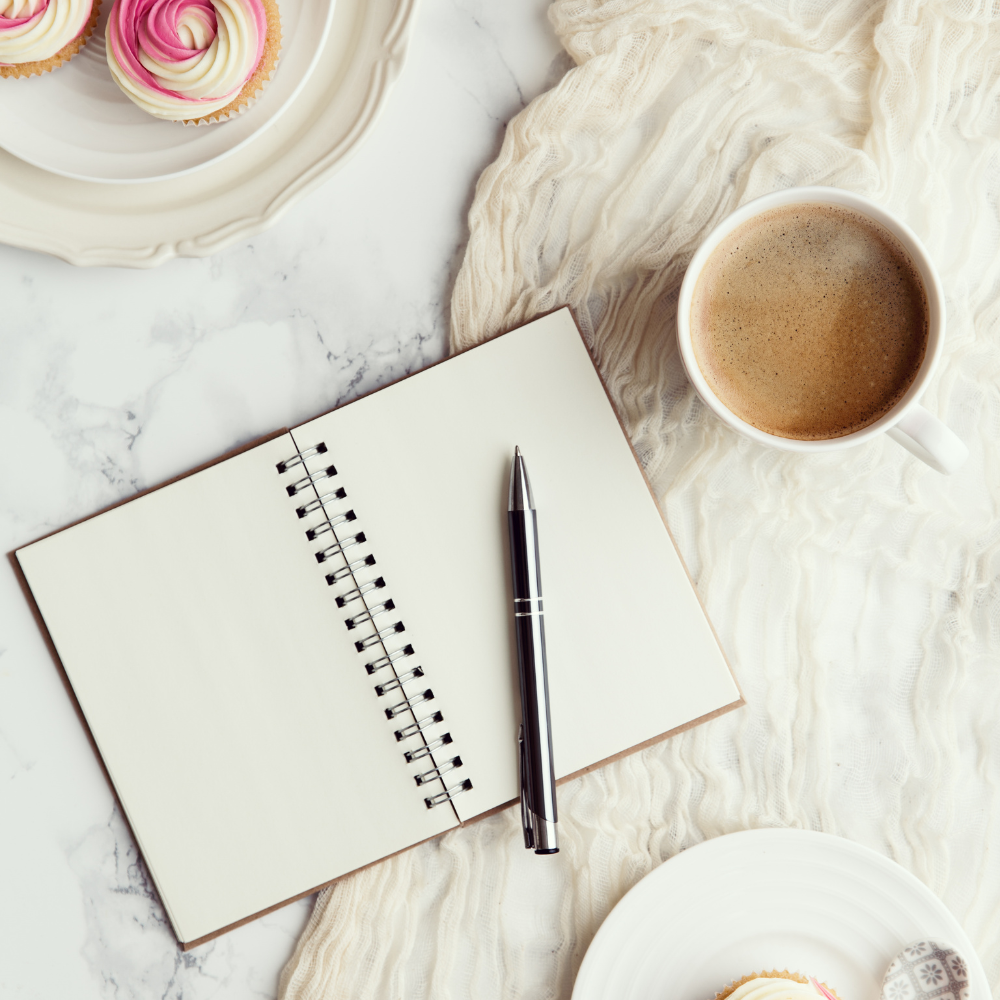
Interested in starting your own journal? Check out Natalies Outlet's video!
Want even more content about creativity and art?
Be sure to check out all of our creative chronicles!
Eager to learn more about journals and sketchbooks?
Check out some of our other articles:
-Is journaling a creative skill?
-What is the difference between a journal and an art journal?
-What's the difference between a sketchbook and an art journal?
